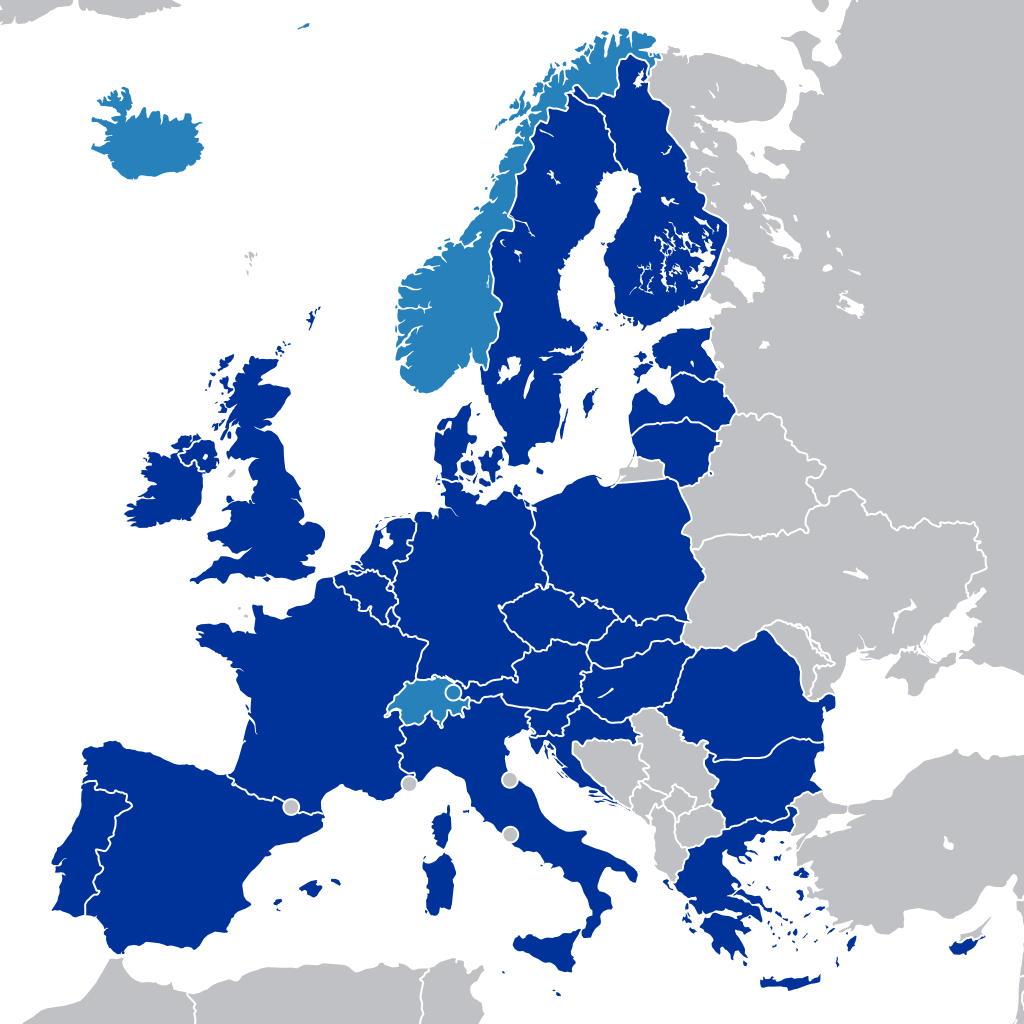-
Tips for becoming a good boxer - November 6, 2020
-
7 expert tips for making your hens night a memorable one - November 6, 2020
-
5 reasons to host your Christmas party on a cruise boat - November 6, 2020
-
What to do when you’re charged with a crime - November 6, 2020
-
Should you get one or multiple dogs? Here’s all you need to know - November 3, 2020
-
A Guide: How to Build Your Very Own Magic Mirror - February 14, 2019
-
Our Top Inspirational Baseball Stars - November 24, 2018
-
Five Tech Tools That Will Help You Turn Your Blog into a Business - November 24, 2018
-
How to Indulge on Vacation without Expanding Your Waist - November 9, 2018
-
5 Strategies for Businesses to Appeal to Today’s Increasingly Mobile-Crazed Customers - November 9, 2018
‘Hard Brexit’ would cost passport rights, warns Bundesbank chief
Passporting enables banks to trade seamlessly across the European single market without the need for licences in individual countries.
Advertisement
Jens Weidmann, head of Germany’s Bundesbank, said on Monday that banks in Britain will lose access to the EU market after Brexit unless the country remains in the broader European trading group that includes countries like Norway.
Membership requires that countries harmonize their financial rules, that they accept the free movement of European citizens, and that they pay into a central budget – conditions which are unlikely to be accepted by Eurosceptics.
“Passporting rights are tied to the single market and would automatically cease to apply if Great Britain is no longer at least part of the European Economic Area”, Weidmann said an interview with European newspapers, including Britain’s Guardian and Germany’s Süddeutsche Zeizung.
“As a significant financial centre and the seat of important regulatory and supervisory bodies, Frankfurt is attractive and will welcome newcomers”, the European Central Bank rate-setter told the Guardian.
Passporting rights are considered to be an important factor underpinning London’s position as a global financial center.
Prime Minister Theresa May’s government has also given little away about whether it intends to push for a so-called “hard” or “soft” Brexit.
The GBP/EUR is falling as sterling weakens on the back of news that the Chancellor of the Exchequer, Philip Hammond, has said that the United Kingdom is ready to give up membership of the EU’s single market.
Simon Ainsworth, the senior vice-president at Moody’s, said a scheme to harmonise regulations across the European Union could provide an alternative way to access the single market. “But I don’t expect a mass exodus from London to Frankfurt”, he added.
The Chancellor of the Exchequer, Philip Hammond, is believed to be ready to give up access to the single market to satisfy voter concerns about immigration, according to reports.
“We would reject cherry-picking. It will suppress economic growth in Britain”.
Advertisement
Since Britain voted to leave the European Union, groups that campaigned on either side of the referendum have morphed into lobbying organizations, pushing for either a “soft Brexit” that sees Britain keeping its close ties with the European Union or backing a tougher version.





























